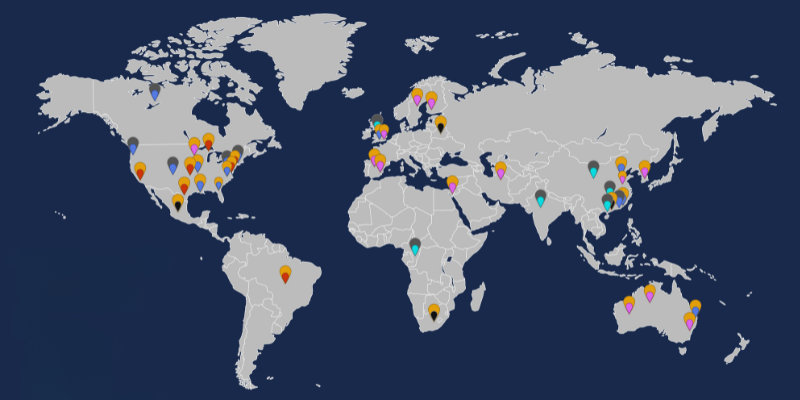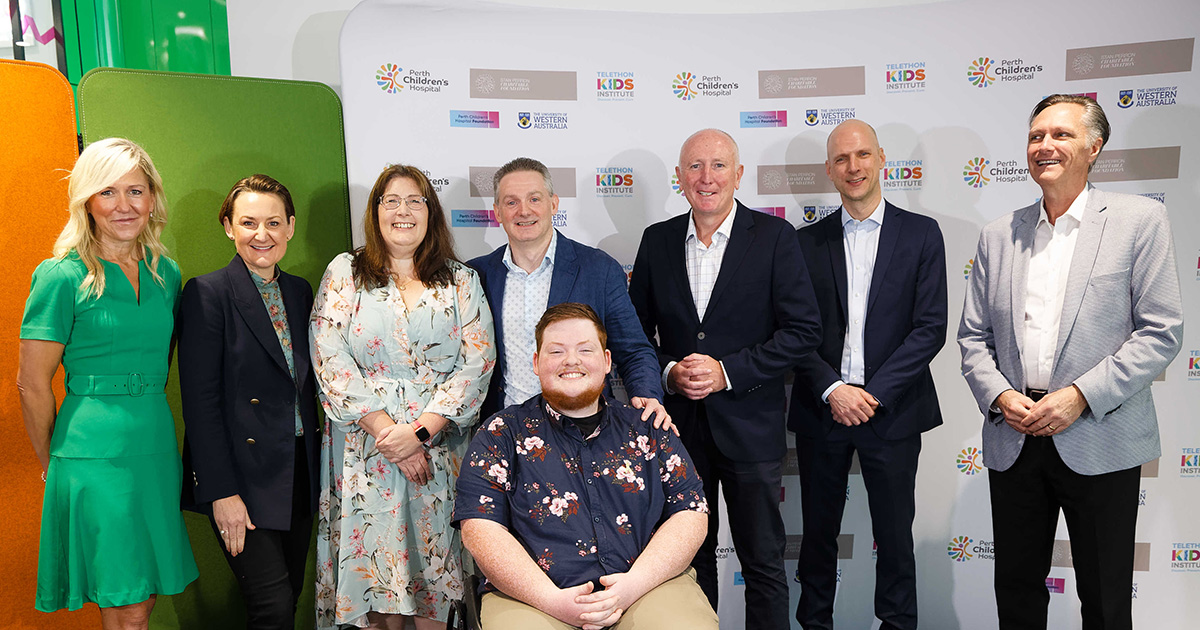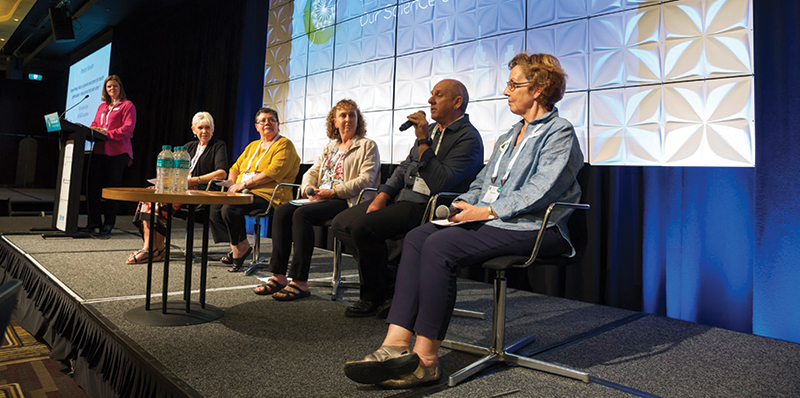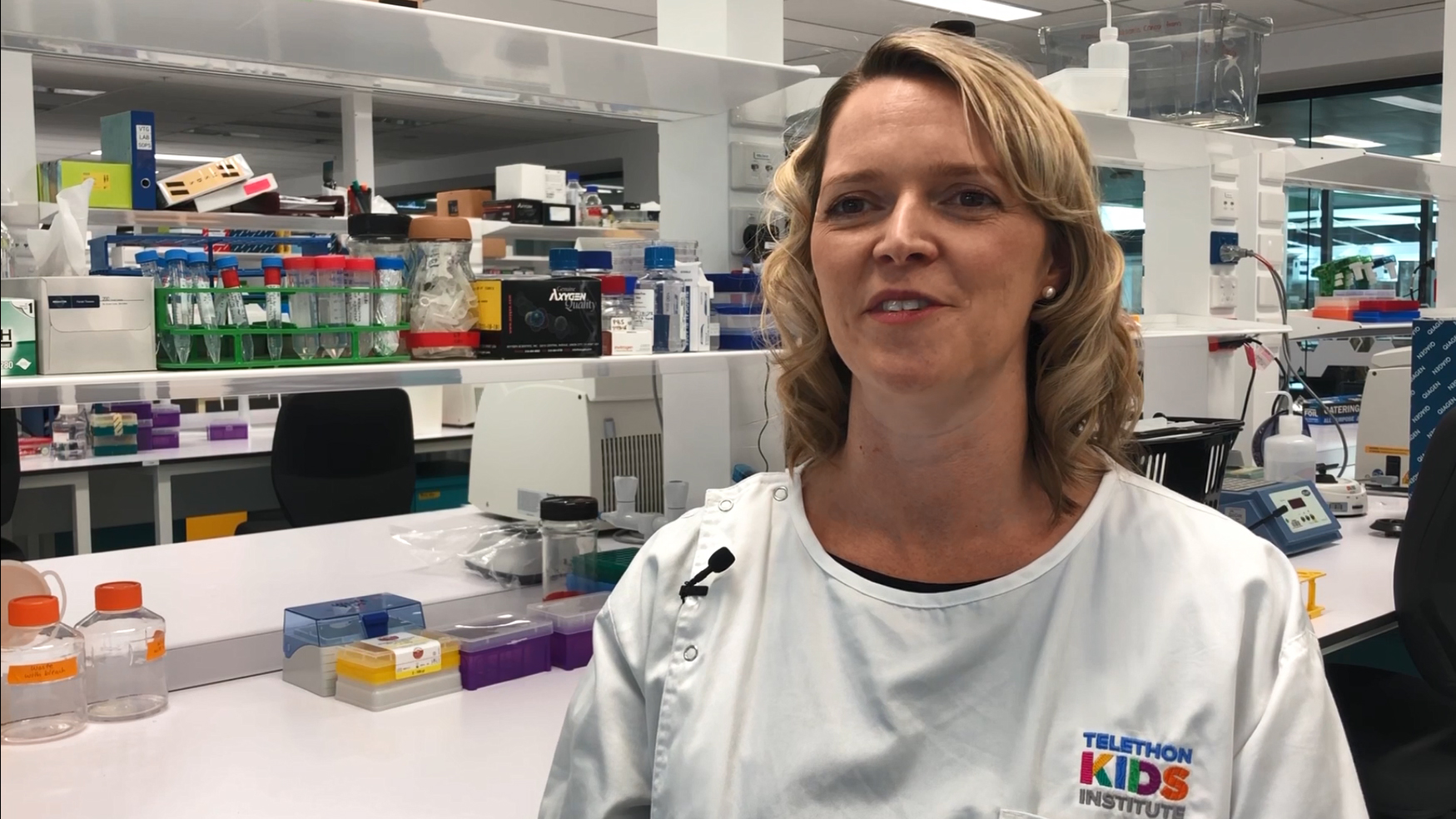Search
Showing results for "Professor"

News & Events
Study shows climate change will devastate children’s health without fast global actionIncreased numbers of preterm births, higher incidence of respiratory disease and death, and more children in hospitals are some of the stark health outcomes the world is facing from the impacts of extreme climate change.

News & Events
Therapy for babies with signs of autism cuts long-term disability costsNew research evaluating the potential cost savings of a therapy for babies displaying early autism signs has predicted a three dollar return to Australia’s National Disability Insurance Scheme (NDIS) for every dollar invested in therapy.
Research
Targeting intolerance of uncertainty in young children diagnosed with autism: A randomized controlled trial of a parent-mediated group interventionYoung children diagnosed with autism experience high rates of co-occurring anxiety, with uncertainty-related concerns commonly reported. This randomized controlled trial investigated an 8-week parent-mediated group anxiety intervention, “Coping with Uncertainty in Everyday Situations” (CUES-Junior©).

News & Events
Bushfires: Tips to protect family from smoke exposurePerth’s north-east is under threat from an out-of-control bushfire.

News & Events
Philanthropic legacy dedicated to seeing all kids with cancer survive and thriveOne of WA’s biggest ever philanthropic gifts will transform childhood cancer research and treatment by improving outcomes for children with cancer and discovering more effective and less toxic treatments.

News & Events
FASD conference unites policy, science and lived experienceHeld every two years, the Australasian FASD Conference is a significant and unifying event for those in the Fetal Alcohol Spectrum Disorder sector.
Research
A systematic review of the evidence that swimming pools improve health and wellbeing in remote Aboriginal communities in AustraliaThe benefits that swimming pools may bring to to ear and eye health in remote Aboriginal communities remains unresolved
Research
The inequitable burden of group A streptococcal diseases in Indigenous AustraliansGiven the ongoing mortality and morbidity from GAS infections, we must address more effectively the treatment and prevention of GAS impetigo and pharyngitis
Research
Standardising and assessing digital images for use in clinical trials: A practical, reproducible method that blinds the assessor to treatment allocationWe describe the development and evaluation of a protocol for digital image collection by the non-professional photographer in a remote setting research trial

News & Events
Nasal spray to prevent ear infections closer to fruition thanks to major grantA nasal spray that could potentially prevent childhood ear infections and reduce antibiotic use is a step closer to clinical trials thanks to a $500,000 CUREator grant.
